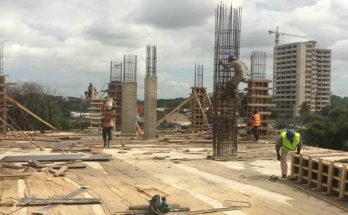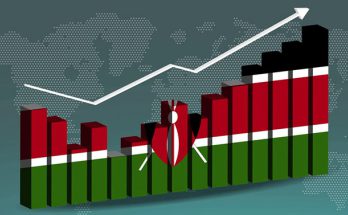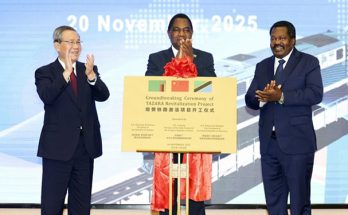 USAID West Africa Trade and Investment Hub Consultant Mr. Musa Rubin has urged garment exporters to establish brands to boost their trade.
USAID West Africa Trade and Investment Hub Consultant Mr. Musa Rubin has urged garment exporters to establish brands to boost their trade.
He spoke at a workshop organised by the Trade Hub and Nigerian Export Promotion Council (NEPC) in Lagos.
Rubin discussed the diversity of the United States (US) market, where over 50 million people spend an average of $1,000 per person on garments yearly.
“As Nigeria is closer to the U.S. than Asia, it offers a particular geographic advantage. We don’t have to go through the Suez Canal or around Africa; it is just a straight shot,” Rubin said.
Another advantage, according to Rubin, is the relatively low wage cost, meaning, if manufacturers improve productivity and quality, they can in turn increase access to the market.
“And, finally, I think this is probably the more important point. Nigeria is a cauldron of creativity; the culture and designs would enable you to create demand in niche markets,” he added.
Rubin, then, tasked each garment manufacturer to think about their capabilities and competitive advantage and consider where they want to be in the future in terms of pricing, product mix, order size, consumer perception of quality, and responsiveness.
Trade Hub Apparel Value Chain Specialist Mr. Emmanuel Odonkor addressed the importance of certification.
Odonkor and Finance and Investment Specialist Mr. William Addo took participants through the importance of becoming Worldwide Responsible Accredited Production (WRAP) certified—a requirement for many international apparel retailers— as well as how to prepare for trade shows and access finance to expand their operations.
At the end of the workshop, participants formed the Nigerian Association of Apparel Manufacturers (NAAM) and elected members of the association’s steering committee.
NAAM is expected to engage government and other key stakeholders in the sector to sensitise them on the opportunities that prevail in the sector, particularly job creation and revenue generation.
The Trade Hub and the Nigerian Export Promotion Council (NEPC) brought together about 40 apparel stakeholders to learn how to expand and enter international markets, particularly the U.S. market through the U.S. African Growth Opportunity Act (AGOA) – an important challenge for Nigerian apparel factories, as identified in last year’s Trade Hub assessment of the apparel sector.



